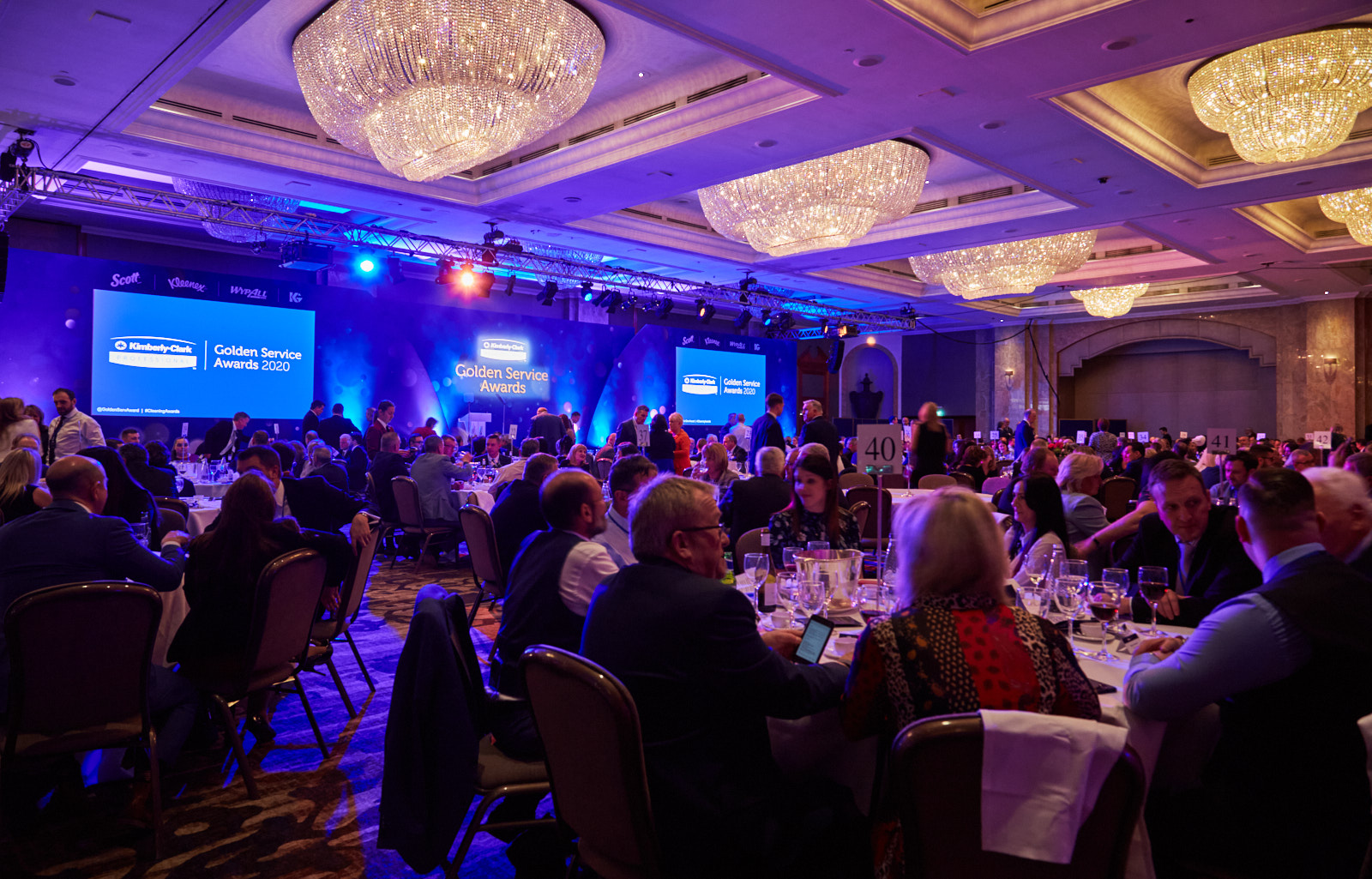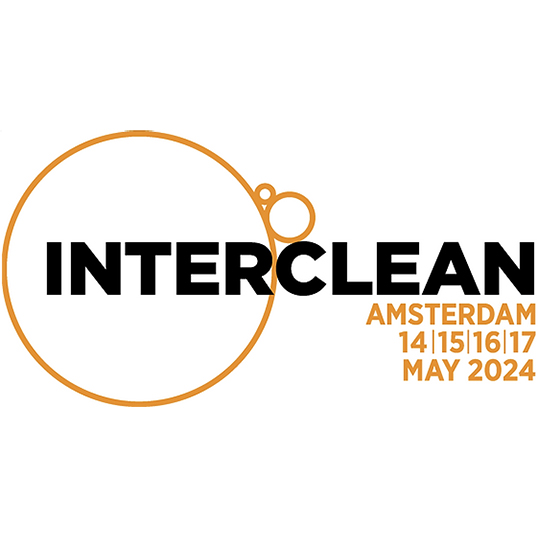
How to plan a successful PR event
With workers returning to offices, shoppers to high streets and ravers to festivals, things are starting to feel normal again. As the industry works to deliver engaging campaigns, one key tactic is returning to PR strategies… events.
It is estimated that the cancellation of events due the pandemic has resulted in an £8.6 billion loss to the UK economy. So how can you plan a successful PR event to return with a bang?
- Find the right venue
Outdoor events are hugely popular at the moment due to restrictions on indoor gatherings. However, with restrictions lifting, events can return to indoor venues like conference centres, bars and restaurants, and even large arenas. Finding the right venue gives a lasting impression to clients and guests and it can make or break the event.
Key logistical things to consider are:
- Is the location easy for everyone to get to?
- Are there public transport travel options?
- Does the venue have inspiring surroundings?
- Can the venue accommodate the event’s catering requirements?
- What is the size and capacity of the venue?
- Do you require technology or staging at the venue?
- Get your message across
Decide exactly what it is you’re trying to promote at the event and then ensure your messaging and branding is getting the message across clearly and concisely. If you try to pack too much in, your message can become diluted and confusing. It is important to be clear, stick to the point and create a confident and engaging company image.
- Communicate
A lot of organisers offer benefits and support before, during and after the event. Talk to your venue to find out what they provide in the way of social media, press activity, add-on events, like drinks receptions, and make sure your company is involved wherever possible.
- Be professional
The people manning your event are ambassadors for your business. The more professional, knowledgeable and communicative they are, the more you’ll get out of the event. It’s important to ensure your company comes across as professional and trustworthy, so make sure your staff are always engaging with customers and talking to fellow exhibitors. Even if it’s been a long day, make sure the event is buzzing as the doors are closing just as much as it was when they opened.
- Follow up
Consider a step-by-step process for sending out invites and follow ups for an event. A strategy can help gain maximum attendance, which could be an email or comms piece at these stages:
- Six months before, announcing the event
- Invites to go out three months before
- Reminders at eight weeks to go, a month to go, and then two weeks to go
- Then a post-event follow up
Following up on any leads you get during the event is also incredibly important. Putting in a few hours on the phone after the event will consolidate the work you did during the show and help your business get the most out of the exhibition. A CRM system is a good way of ensuring valuable contacts are not lost or forgotten, whilst keeping data secure and in line with GDPR.
- Have a COVID compliance plan
It is important to fully understand the government rules in place at the time of the event, to ensure the safety of your guests and staff. Having a COVID compliance plan that outlines the regulations, any set up requirements to consider, and what plan B looks like in the event of changes to regulations, will be invaluable for planning an event. As restrictions ease, these considerations may not be necessary, but check government guidance to be sure.
Things to consider could include:
- Is there a limit on the number of guests allowed?
- Do tables/chairs need to be spaced out?
- Does the venue provide regular cleaning/hand sanitizer/masks etc.?
- Do guests need to check in with their NHS app?
Other points to consider when planning an event:
- Social media management before, during and after is critical to reaching new and existing customers. A content strategy will ensure the right content is being published.
- Choose a speaker relevant for your target audience and a good fit for your event. Prep the speaker beforehand and go through the event logistics with them.
- On and offline media coverage can be generated in the lead up to events, further generating RSVPs and putting a spotlight on the brand messaging.
- Press packs can be produced and are an effective way of ensuring the correct messaging is being used by the media.
- A sponsor can help with extra funding for an event and you would need to offer them something in return, such as including their logo on content, offering them a speaker slot, or promoting their expertise.
If you’re planning an event and you’d like a bit more information, we are always happy to help.
Please contact the team if you’d like to chat.


